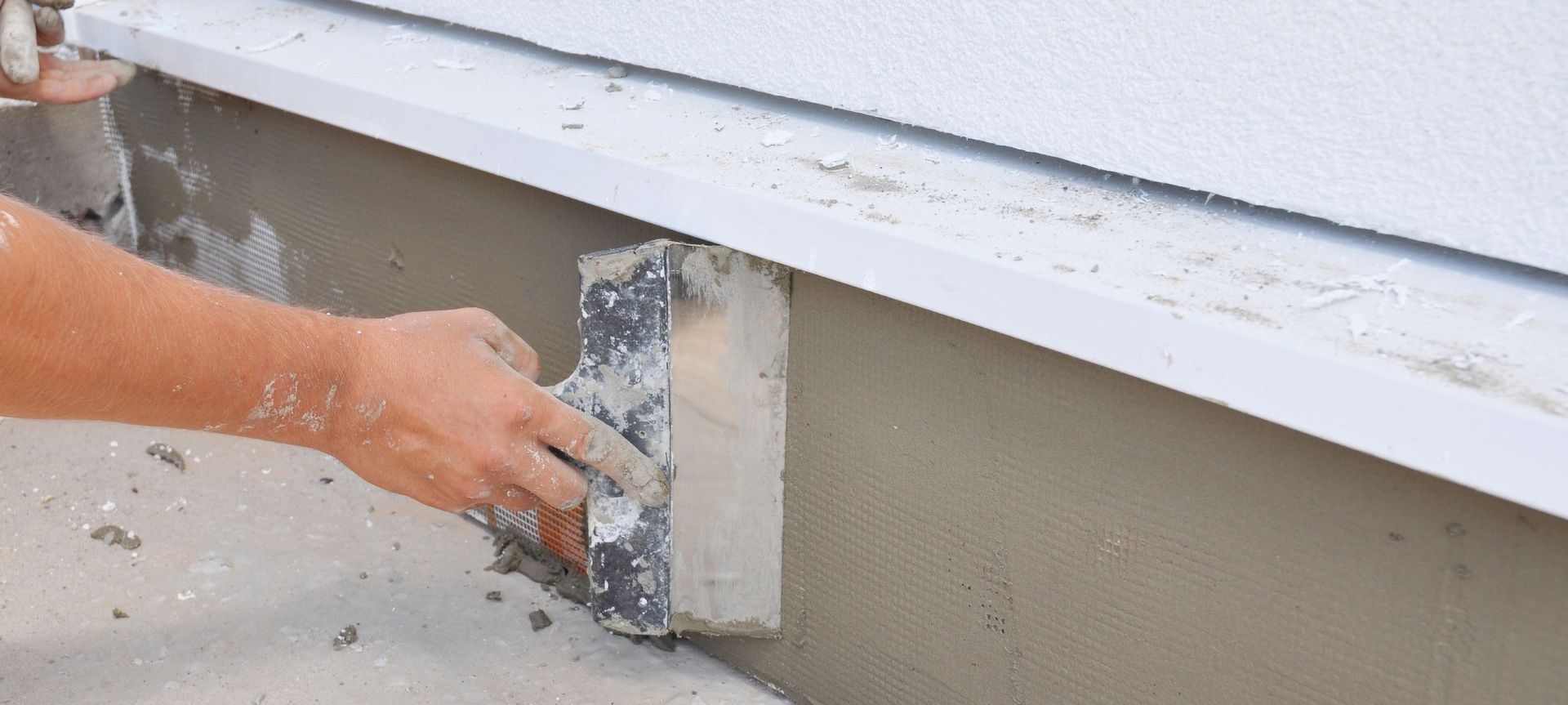Perimeter insulation for concrete slabs refers to the practice of insulating the outer edges or boundaries of a concrete slab or foundation. The primary purpose of perimeter insulation is to prevent heat loss and provide thermal efficiency to a building. It is estimated that approximately 10 percent of a building’s heat is lost through a concrete slab, and of that, 80 percent is lost through the perimeter. Therefore, insulation of the perimeter is the most effective way to improve its thermal performance.
With the introduction of the H1 changes and the corresponding increases in R-value requirements, most concrete slabs (for buildings under 300m2) will now require insulation. This change is leading many in the building industry to design and construct concrete slabs in different ways.
Ideal materials for perimeter insulation
Rigid foam boards, such as extruded polystyrene and expanded polystyrene are the most commonly used options due to their thermal efficiency, moisture resistance and cost.
When selecting a material for perimeter insulation, the following factors should be considered:
- The H1 climate zone (1-6) and the R-value required to meet insulation requirements
- The cost of the material and the cost of installation
- Whether the insulation is required for retrofit or in-situ application
- The degree of moisture resistance required
- Matching the longevity of the insulation with the building life of the project
- Access to the product and potential supply chain disruptions when specifying
- Impact of the product on the environment
Perimeter insulation for new builds
In-situ perimeter insulation is a construction technique used to improve the energy efficiency of buildings by insulating the outer perimeter of the foundation. Until now, most architects have included perimeter insulation by using existing products, such as XPS boards, and creating their own solutions. While this has been achievable, it does add time and complexity to the design and construction of concrete slabs.
EXPOL MAXEdge – an easy to use solution
In response to this need for an in-situ solution, EXPOL has partnered with MAXRaft, combining the expertise and experience of both organisations to develop EXPOL MAXEdge. This in-situ solution for perimeter insulation includes pre-made L shape expanded polystyrene profiles lengths and corners that come in a range of heights and are suitable for use with a range of frame sizes. If the build requires something other than the standard heights, a bespoke height can be provided. The product has been designed with the new building regulations in mind, with the thermal performance meeting the H1 requirements.
EXPOL MAXEdge comes with the option of a water-proof resin coating. This provides a finished product that does not require painting once installed, saving time, labour and cost. If more flexibility is required, MAXEdge is also available as clean insulation, requiring plastering after the pour.
Furthermore, EXPOL MAXEdge clean insulation can be recycled into other EXPOL products, reducing its impact on the environment.
Retrofit insulation for new builds
Often, a new build will be designed to have the perimeter insulation retrofitted on the concrete slab after the pour. The H1 changes have meant retrofitted perimeter insulation is being used more frequently and the industry has been asking for a simple solution.
ThermaSlab Edge
EXPOL has developed a new generation Slab Edge Insulation System to address the need for a simple-to-use solution for retrofit application. ThermaSlab Edge is specifically designed for the New Zealand market to meet new Building Code standards. The ThermaSlab Edge system includes edge insulation, Styro-FIX construction adhesive and a patch kit, providing a simple and effective way to adhere the boards to the slab and provide a consistent finish. In addition, there is the option of a water-proof resin coating, which means there is no painting or plastering required. ThermaSlab Edge can also be provided as clean insulation.
Advice is at hand
There are a lot of considerations when designing, specifying and installing perimeter insulation. The technical team at EXPOL have a lifetime of experience and are fully up-to-date with the latest developments in insulation requirements. You may find our online calculators and tables helpful for working out your requirements, or contact us directly with your questions.

